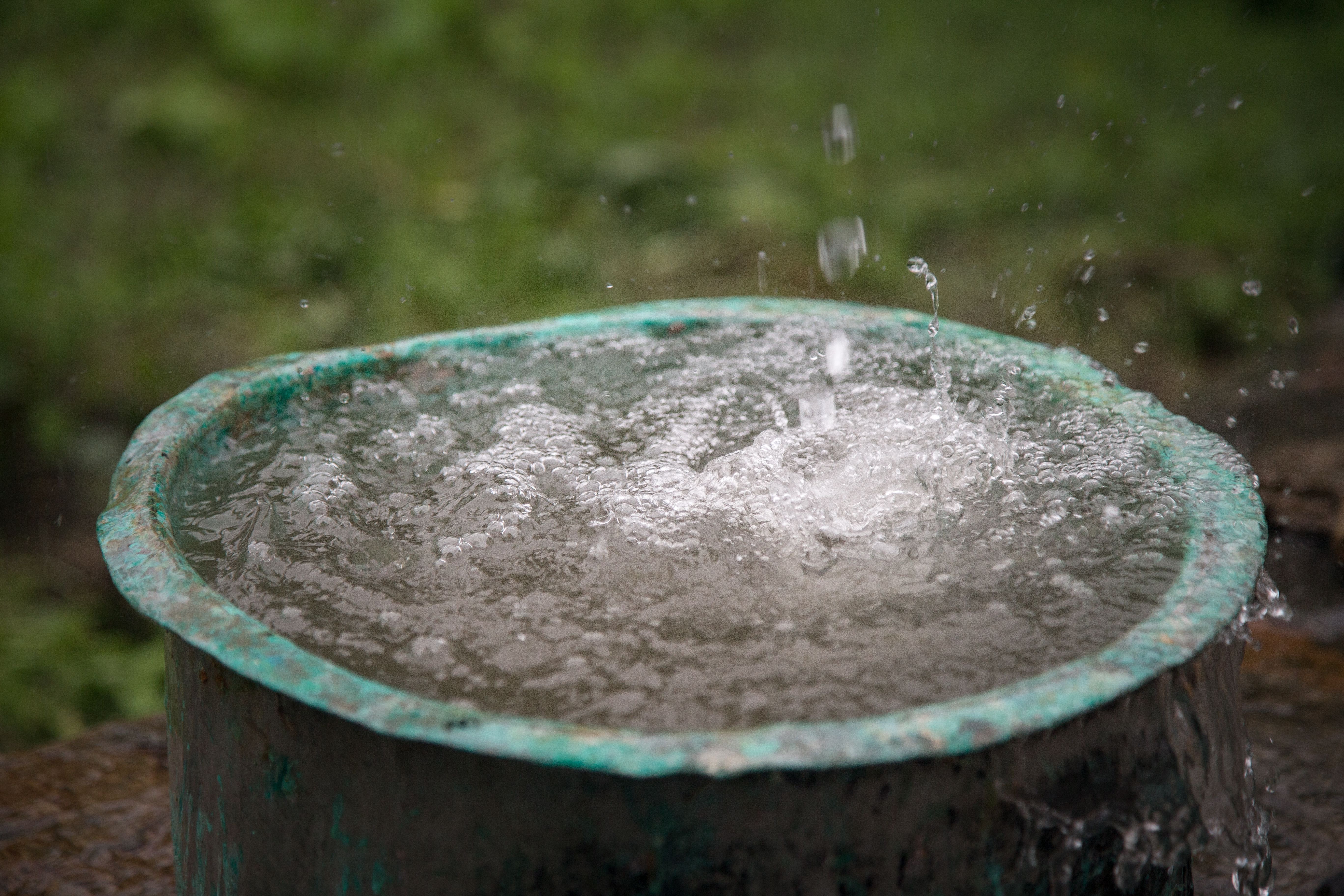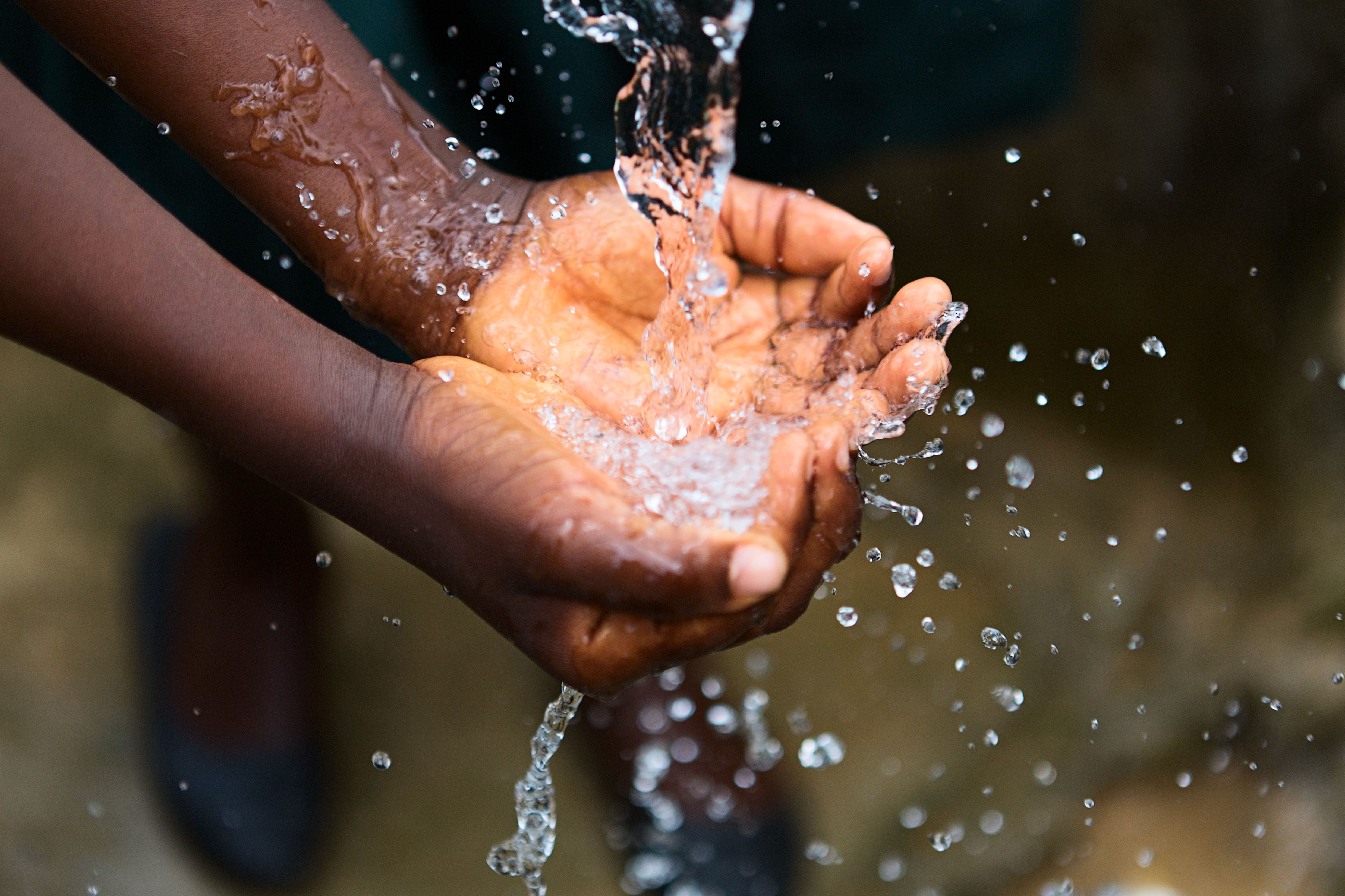The Benefits of Building Cisterns for Water Storage in Ghana
Introduction to Water Storage
Water is a fundamental resource that is crucial for the survival and well-being of communities. In Ghana, where some areas experience irregular rainfall and prolonged dry seasons, the need for effective water storage solutions becomes even more significant. One such solution is the construction of cisterns for water storage, which can offer numerous benefits to communities across the country.
Understanding Cisterns
Cisterns are waterproof receptacles designed to collect and store rainwater. They have been used for centuries in various parts of the world and are becoming increasingly popular in regions where water scarcity is a concern. Cisterns can be built using different materials such as concrete, plastic, or metal, and are designed to capture rainwater from rooftops or other surfaces.

Ensuring Water Availability
One of the primary benefits of building cisterns is ensuring a consistent supply of water, especially during dry periods. By harvesting rainwater during the rainy season, communities can store enough water to use during times of scarcity. This helps reduce dependence on external water sources, which may not always be reliable.
Cost-Effectiveness
Constructing cisterns can be a cost-effective solution for water storage. Once built, they require minimal maintenance and can provide a long-term solution to water scarcity. The initial investment in building a cistern can lead to significant savings over time, as it reduces the need to purchase water from other sources.

Environmental Benefits
Rainwater harvesting through cisterns also offers environmental benefits. It reduces runoff and erosion, which can cause damage to the landscape and contribute to pollution in water bodies. By capturing and storing rainwater, cisterns help manage stormwater effectively, contributing to better environmental conservation.
Improving Community Health
Access to clean water is essential for maintaining good health. Cisterns provide communities with a reliable source of clean water, reducing the risk of waterborne diseases. This is particularly important in rural areas where access to clean drinking water might be limited.

Empowering Communities
Building cisterns can empower communities by promoting self-sufficiency. By having their own source of water, communities are less reliant on external resources and can manage their own water needs more effectively. This empowerment can lead to improved livelihoods and economic opportunities.
Conclusion
The benefits of building cisterns for water storage in Ghana are multifaceted, addressing issues of water scarcity, cost, environmental impact, health, and community empowerment. As more communities adopt this practice, the overall resilience and sustainability of regions facing water challenges will improve. Investing in cistern construction is not just a solution for today but a strategic move toward a sustainable future.